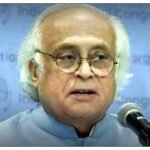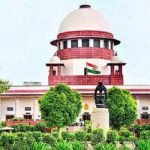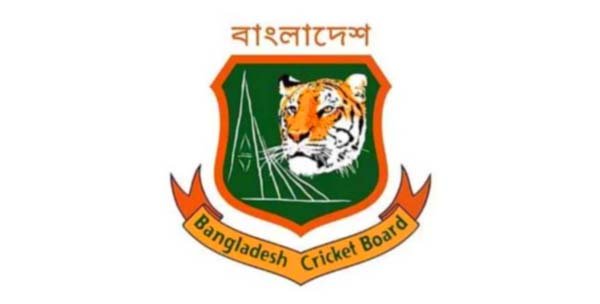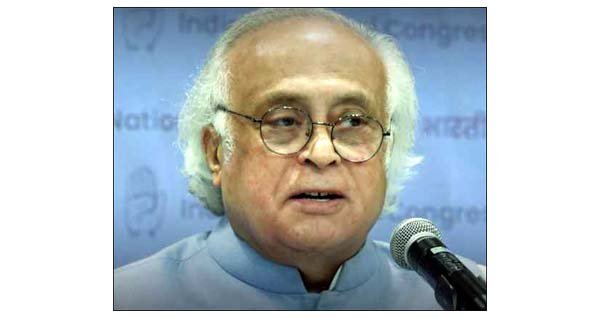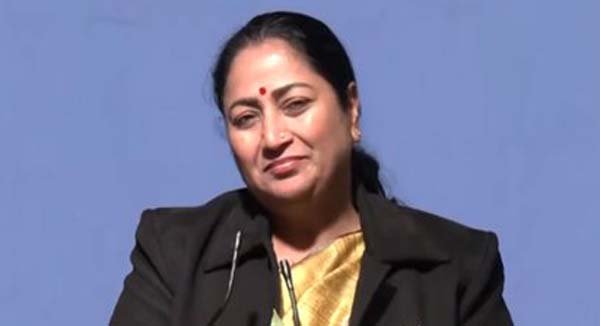New Delhi, Aug 1 (UNI) The Supreme Court quashed the FIR and all criminal proceedings against four Bengaluru landowners accused of cheating and criminal conspiracy in a 2015 land transaction.
However, the Court yesterday strongly criticised the conduct of the Bangalore Development Authority (BDA), observing that it colluded with private parties to return acquired land back into private hands, compromising public interest.
A Bench comprising Justice Sudhanshu Dhulia and Justice Ahsanuddin Amanullah noted, “Though the court has allowed the present appeal, the judicial conscience of the Court is ill at ease.
The interest of the common citizens, especially of Bengaluru, has been compromised due to various extraneous considerations, including by acts of omission and commission by statutory bodies.”
The case stemmed from a complaint filed by one Keerthiraj Shetty, who had entered into an agreement to sell 6 acres of land in Bhoopasandra village, Bangalore North, with the accused on November 30, 2015.
Shetty alleged that while the accused received a substantial payment and executed a general power of attorney, they later revoked it and transferred the land internally without completing the sale deed in his favour.
Following this, an FIR was registered at Sanjay Nagar Police Station on October 5, 2023, leading to a chargesheet under IPC Sections 406 (criminal breach of trust), 420 (cheating), and 120B (criminal conspiracy).
Cognizance was taken by the magistrate on August 30, 2024.
The Karnataka High Court had earlier refused to quash the FIR, prompting the present appeal.
The Supreme Court found no criminal offence made out in the case.
On the charge of breach of trust, it held that the land belonged to the accused and they retained legal ownership, rendering the application of Section 406 inapplicable.
Regarding the cheating charge, the Court observed that there was no dishonest intention at the start of the transaction. The complainant himself admitted that cheating allegations arose only after the property’s market value increased, negating any claim of initial inducement.
“We do not find any criminal aspect in the allegations ex-facie,” the Court concluded, stating the proceedings were an abuse of the legal process.
Accordingly, the FIR, chargesheet, and cognizance order were quashed. Even one co-accused who had not filed an appeal was granted relief, as all accused stood on the same footing.
Despite quashing the criminal case, the Court raised serious concerns about how the BDA handled the land’s return to private ownership.
The land was originally acquired by the BDA in 1978 and 1982.
A de-notification in 1992 was challenged and quashed in 1996, and the Supreme Court upheld that quashing in 2015.
Yet, in 2015, the present appellants filed fresh writ petitions claiming the acquisition had lapsed.
These were allowed by a single judge in 2016, and although the BDA initially filed appeals, it later withdrew them.
Calling this sequence of events “deeply troubling,” the Court said, “The action of the BDA in not pursuing the appeal(s) filed by itself is the second phase where the course of justice was thwarted.
We have no hesitation in saying so, what could only be termed as collusive litigation between the BDA and the appellants.”
Though the Court considered invoking Article 142 to undo the 2016 High Court order, it refrained, noting that the BDA has already filed a related appeal in the Supreme Court.
It directed that no third-party rights shall be created or acted upon concerning the property until that appeal is resolved.
Senior Advocates Abhishek Manu Singhvi and Shoeb Alam, along with a legal team from Krishna & Nishani Law Chambers, represented the petitioners.
Advocates Mahesh Thakur, Geetanjali Bedi, Ranvijay Singh Chandel, Vedika Singh, and D.L. Chidananda appeared for the respondents.


